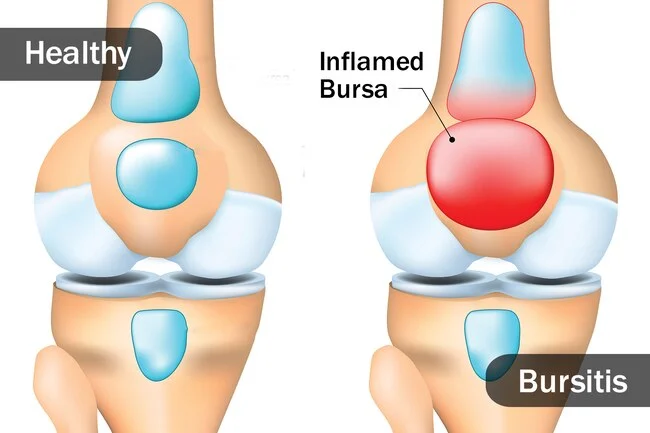
Knee osteoarthritis is a pervasive, debilitating condition that affects hundreds of millions of patients. This condition causes major drops in patient quality of life and can prevent patients from engaging in everyday activities. Knee osteoarthritis is one of the leading causes of disability worldwide.
New treatments are needed to address the needs of patients. Current treatments are unable to address the degeneration of articular cartilage in the affected knee. The medical community is looking to develop innovative treatments that can address the underlying causes of knee osteoarthritis.
Mesenchymal stem cells (MSCs) are a potential therapeutic candidate for treating patients with knee osteoarthritis. Understanding the potential of this treatment is key to developing effective therapies. There are a number of clinical trials that are underway around the world that are investigating the use of stem cells for treating osteoarthritis.
Finding studies that meet scientific requirements can be difficult. There are countless studies that continue to dive into the effects of stem cell therapy on osteoarthritis. A study, Effectiveness of mesenchymal stem cells for treating patients with knee osteoarthritis: a meta-analysis toward the establishment of effective regenerative rehabilitation, reviewed the current literature of how stem cell therapy can be used to improve knee osteoarthritis outcomes.
Results of the Study
One area that the researchers looked into was regenerative rehabilitation. This new field combines the principles and approaches from rehabilitation science and regenerative medicine. Regenerative rehabilitation may lead to better outcomes than relying on just rehabilitation or just stem cell therapy. The study aimed to summarize the effects of stem cell therapy on knee osteoarthritis and examine whether rehabilitation can affect the outcome of stem cell treatment.
The researchers evaluated 35 studies that investigated the use of stem cell therapy for knee osteoarthritis. The researchers found that there were no serious adverse events that occurred as a result of the stem cell treatment. There were minor adverse events, such as knee pain or swelling. Out of the 35 studies, 17 reported the minor adverse events. The symptoms were treated with pain medication.
Knee Pain

One of the main outcomes that many of the studies looked at was knee pain. Nineteen studies reported on how stem cell treatment affected knee pain. The knee pain was measured using the visual analog scale (VAS). In the studies, the mean VAS pain score was 60.2. After treatment, the researchers found that VAS pain scores dropped by a difference of 27.6. The researchers found that rehabilitation did not affect the pain score. The study also found that young patients had larger decreases in pain as compared to older patients.
Physical Function
Another key factor that was evaluated in many studies was the physical function of the knee. 19 of the studies reported on how stem cell treatment affected knee function. The studies used multiple measures, such as Western Ontario and McMaster Universities Osteoarthritis Index (WOMAC) functional, International Knee Documentation Committee (IKDC), and Lysholm scores.
The researchers found that there was an improvement of 14.7 in the WOMAC functional outcome; 26.0 in the IKDC; and 24.1 in the Lysholm score. The researchers did find that studies that used stem cell therapy along with rehabilitation lead to better outcomes in improving the WOMAC functional score.
Articular Cartilage

Two studies reported the effects of stem cell treatment on cartilage volume. The studies used MRI to evaluate the cartilage volume. The cartilage volume improved from a mean of 0.49 to 0.51. There were five other studies that looked into how stem cell therapy affected the cartilage quality. The studies used the poor cartilage index (PCI) to determine cartilage quality. The study found that stem cell therapy did improve cartilage quality.
Overall, the researchers concluded that stem cell therapy can have a beneficial effect on knee osteoarthritis patients. Stem cell therapy can improve cartilage quality, but may not be able to improve the volume of cartilage. Since there were only two studies that reported on cartilage volume, more research is needed to determine the effectiveness of stem cell therapy on cartilage volume.
Regenerative rehabilitation may be an effective way to combine both physical therapy and stem cell therapy. Even though rehabilitation did not have an effect on VAS pain scores, it did have an effect on knee functionality.
These current findings are a great base for future research of stem cell therapy for knee osteoarthritis. The researchers concluded that more randomized clinical trials are needed to ensure that the right protocols are being developed for stem cell therapy.

